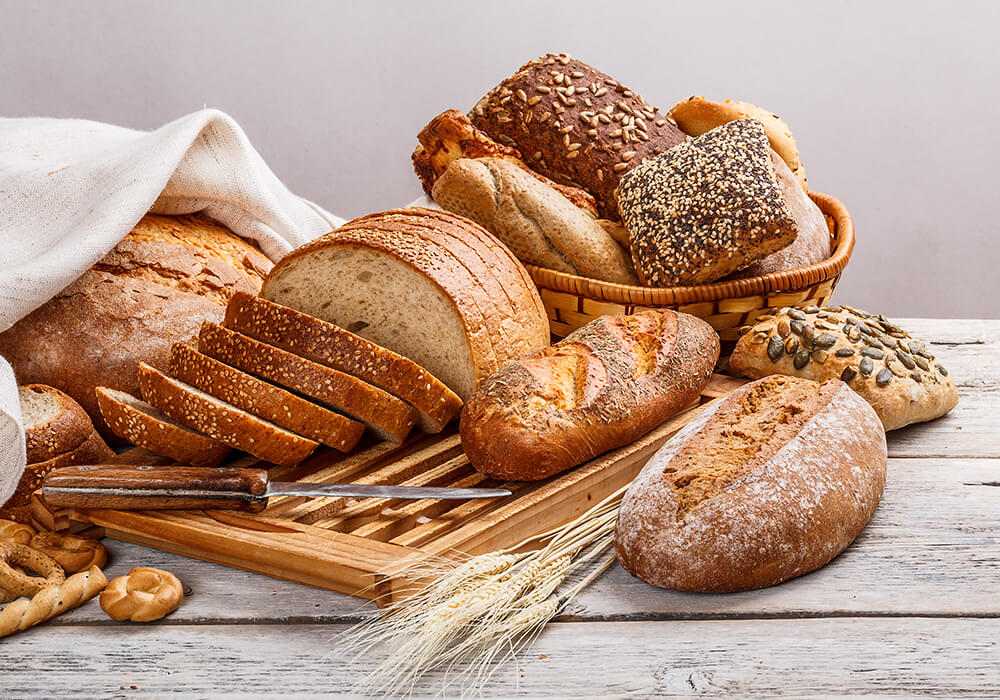People with confirmed celiac disease must adhere to a strict gluten-free diet. There is no cure to the underlying immune component of celiac disease, so this gluten-free diet must be followed for life. Even celiac-affected people, who only show mild symptoms, must not consume gluten, as intestinal damage is still occurring. Severely affected individuals may also require short-term use of corticosteroids to reduce intestinal inflammation and nutritional supplements through IV may be necessary. After beginning a gluten-free diet, it is still important to monitor TTG antibody and EMA levels and children must be carefully monitored to assess growth and adherence to a gluten-free diet.
Gluten-Free Diet
A strict gluten-free diet is necessary in celiac-affected individuals to prevent further intestinal damage. This diet must avoid any foods, beverages and medications that contain gluten. Gluten is common is North American diets and avoiding gluten can be very challenging – even some lip balms and vitamin supplements contain gluten! Assistance from a registered dietician is highly recommended to establish a gluten-free diet and there are now many gluten-free alternatives to common everyday food items. Supplementation with folic acid is also recommended to help heal the damage to the intestinal lining. Occasionally it may be necessary to also reduce lactose levels until the intestine has a chance to heal.
Prognosis
As soon as gluten is removed from the diet, the intestines have a chance to heal. Children are generally symptom-free in 3-6 months, while adults may require 2-3 years. During this recovery period, symptoms often still occur despite no consumption of gluten, and nutrient supplement in alternative ways (e.g. IV) may be required to aid in the healing process. Very severe intestinal damage may never heal completely and other symptoms, including reduced growth or bone or dental damage, cannot be reversed.


